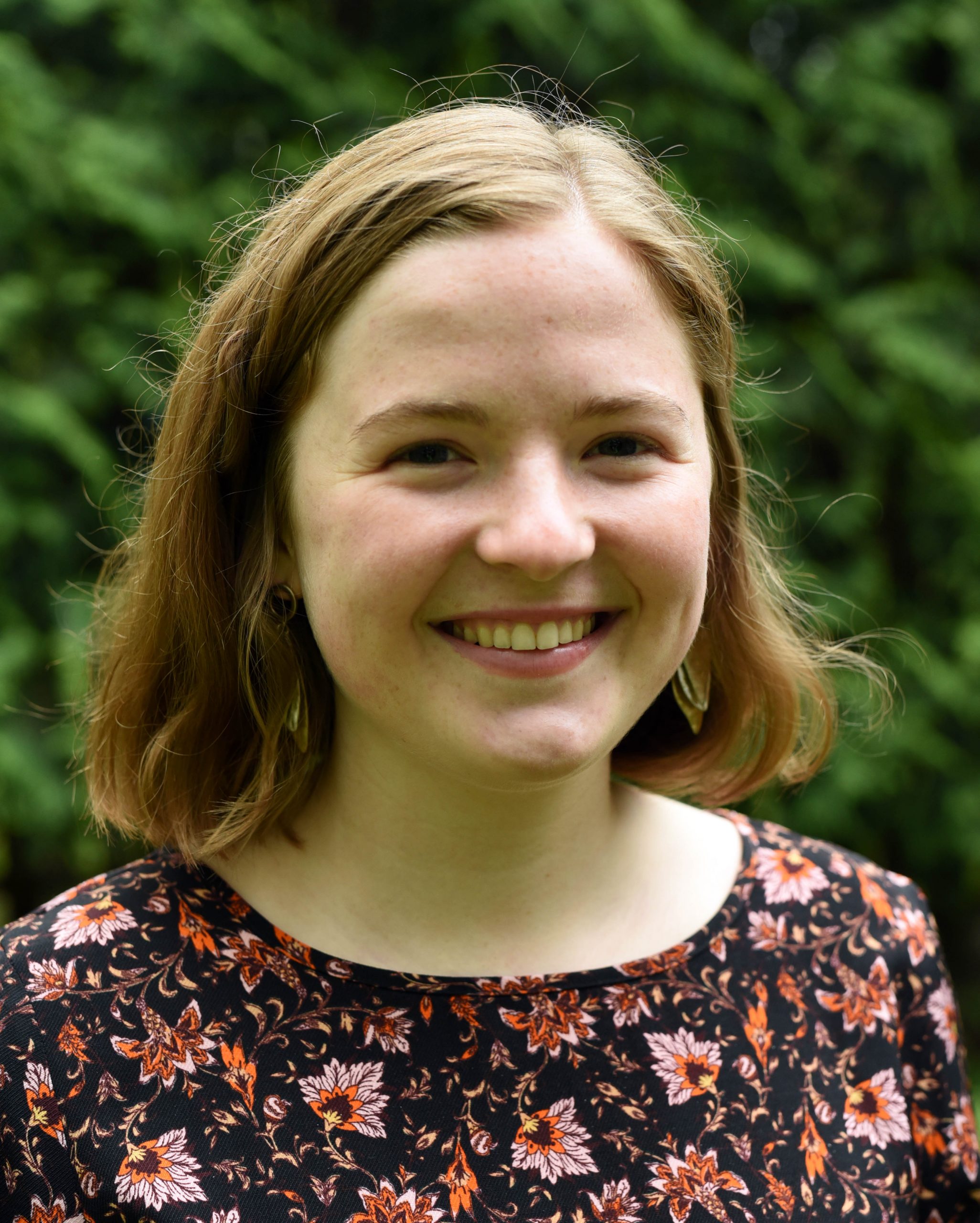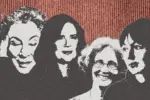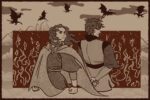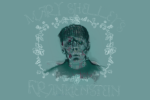Fairy tales are a staple of childhood imagination. From the stories of the Brothers Grimm to Disney’s famous princesses, moralistic fantasies have captured young minds for centuries. But these tales are not only meant for children; in fact, the whimsical characters and themes of old stories can inform, and even resemble, adulthood. In “The Changeling,” Victor LaValle explores the intersections between fairy tales and real life.
“The Changeling” begins in New York City with Lillian Kagwa, an immigrant from Uganda, and Brian West, a parole officer from upstate New York, who fall in love and have a son, Apollo. However, Brian disappears by Apollo’s fourth birthday, leaving his son a box of books and strange, recurring nightmares. The story follows Apollo through his fatherless childhood, his teenage fascination with books and his own romance with librarian Emma Valentine. Eventually, Apollo and Emma marry and have a son, Brian Kagwa.
It seems like things are good for Apollo, Emma and baby Brian, right? However, after Brian’s birth, Emma starts exhibiting strange behavior. She tells Apollo that she is receiving photos of him and Brian on her phone, but that they have vanished once she tries to show them to him. Apollo attributes her concerns to postpartum depression, dismissing Emma’s anxieties and hoping the problem will resolve. Instead, Emma’s state continues to worsen, and she ultimately commits a horrific act against Brian.
When Apollo fully realizes what Emma has done, she has disappeared. Left in shock and grief, Apollo sets out to find his wife and child, encountering not only an entirely new side of New York City along the way, but the magic and secrets of its people.
Though it is a fantasy novel, “The Changeling” begins like any piece of realistic fiction, following the everyday lives of Apollo and his family. In the first part of the book, LaValle establishes Apollo’s witty, sometimes insecure voice that draws readers into the story from the start. Though the story often takes dark turns, Apollo’s ability to strike a comedic tone — even if sometimes out of fear — helps lighten the mood while revealing humor as one of his coping mechanisms. The consistency of Apollo’s character, even when reckoning with his life after Emma and Brian’s disappearances, helps the shift from realism to fantasy feel less startling.
After the first 100 pages, the story moves fast and furious, jumping from one magical location to another as Apollo searches for his family, but it never fully loses the slow burn of the beginning. Despite the many people and places that Apollo encounters, several questions drive the narrative throughout and keep the reader guessing until the end. The question of what happened to Emma and Brian is obvious, but LaValle also leaves Emma’s full motivations and true identity in the dark for much of the novel. In addition, the reasons for Brian West’s disappearance and his role in Apollo’s life become clearer chapter by chapter, providing insight into Apollo’s own anxieties as a son and a father.
Thus, the theme of family and parenthood is the human, ordinary element that grounds the story amidst its fantastical backdrop. LaValle explores this theme with subtlety, keeping Apollo’s sharp, humorous voice consistent even when he expresses more sentimental thoughts. “The Changeling” also adds nuance to the idea of family, considering how one’s childhood traumas influence their future relationships and making clear that not all families look the same. When Apollo feels he has lost his family, he depends more on Lillian and his best friend, Patrice, to provide him with help and comfort. In addition, Apollo meets characters who have created new families after loss or rejected their families altogether. As he confronts these different types of families, Apollo must reexamine how he has treated his own wife and mother and what he may have been ignorant to in the past.
Apollo also must confront a new side of New York he never knew existed, with islands of witches and boroughs filled with the legends of immigrants. The fairy tale theme links Apollo’s past and present, from the ones he read as a child to his new life that so resembles something out of a fantasy world. But fairy tales can have a dark side; as one of the characters Apollo meets declares, “A bad fairy tale has some simple goddamn moral. A great fairy tale tells the truth.”
In “The Changeling,” LaValle does not shy away from the truth, exposing the ugly underside of society, including its racism. Apollo confronted racism as a teenager, experiencing hostile looks and behavior from white neighbors when selling used books door-to-door. Then, he would use an affirmation to bolster his courage: “I am the god, Apollo.” LaValle points to how fear-inducing and unrelenting the effects of racism can be when Apollo and Patrice, both Black men, drive through a mostly white borough at night in fear of lurking cops. Even as an adult, Apollo still uses the affirmation to cope with the threat of racist violence, and his experience provides a sobering look at how racism affects Black lives on a day-to-day basis.
Additionally, “The Changeling” weaves internet culture into the timeless background of fairy tales. Although Apollo encounters creatures from thousand-year-old legends, his journey is spurred by something more modern: the digital photos Emma claimed she was receiving. As Apollo learns more about the internet troll who sent them, he and Patrice come to see how helpful technology can be in finding solutions, but also how dangerous. With this combination of the fantastical and the digital, LaValle makes a commentary on current technology as a tool for those with noble causes and a weapon for evildoers seeking to inflict harm.
Throughout the novel, LaValle juggles complex story lines and themes with skill, though the ending wraps up a little too easily, with most loose ends being quickly tied together and some left completely unaddressed. But while I was left wanting a bit more nuance in the conclusion of Apollo’s story, LaValle’s ending also gives hope that even amidst the darkness and fear, visions of happiness are still within reach.
Ultimately, “The Changeling” is a modern fairy tale itself that speaks to both the stories of our ancestors as well as the reality of our own deeply connected lives. With LaValle’s acerbic humor, and as poignant as it is frightening, the story of Apollo, Emma and Brian reimagines the urban American landscape in terms of what we uphold, what we overlook and for what we still hope.

















